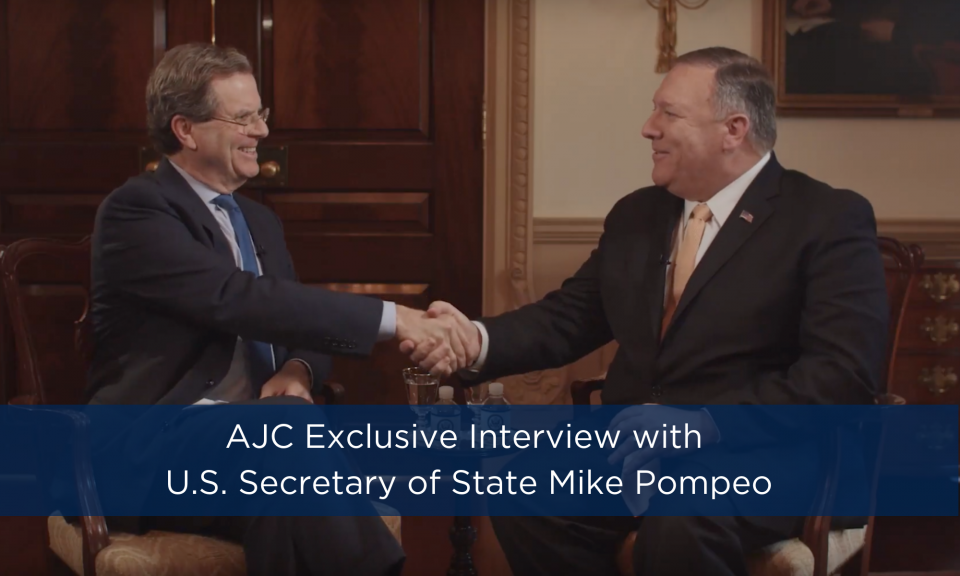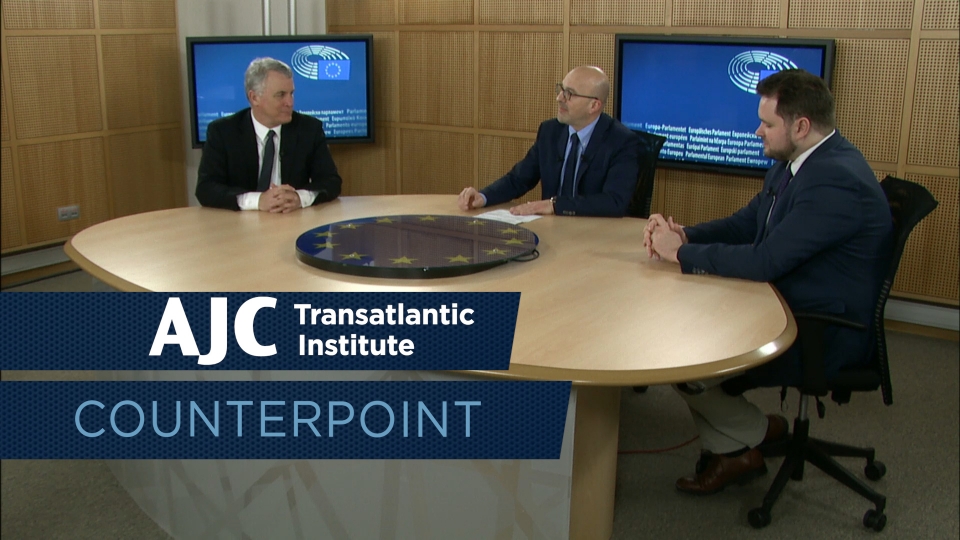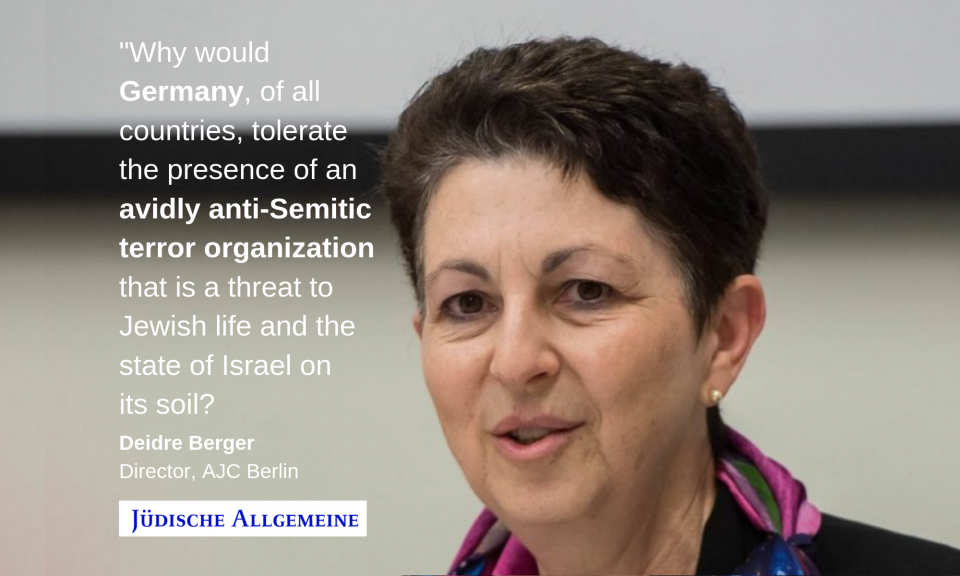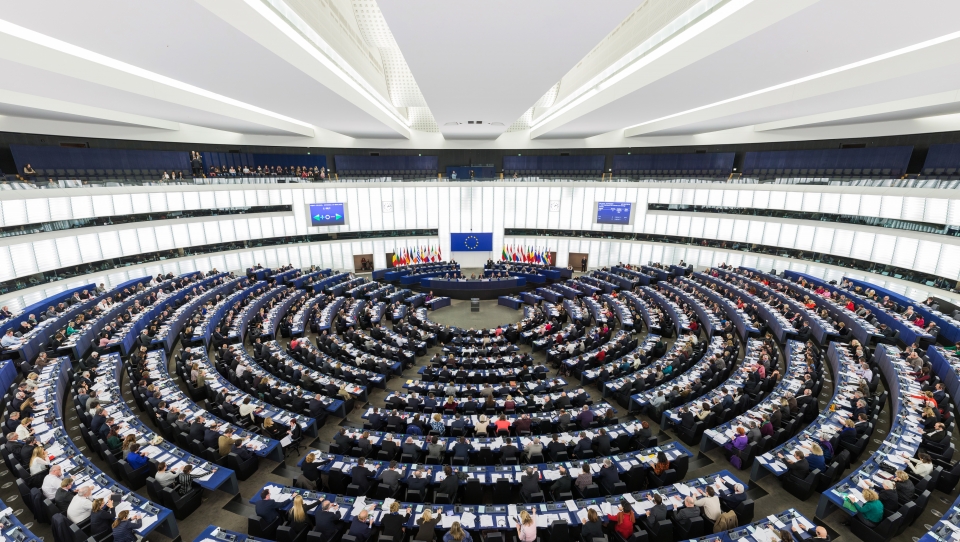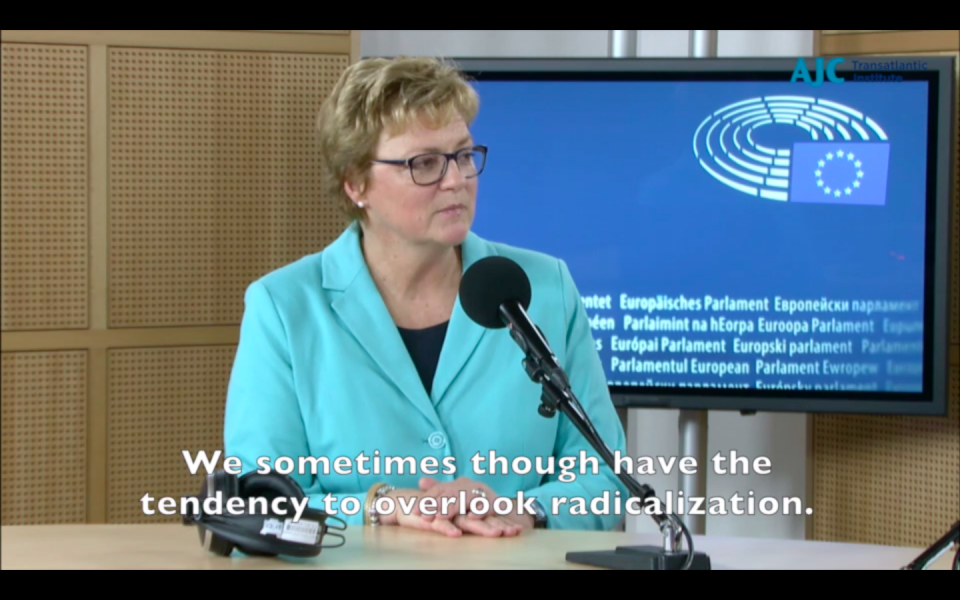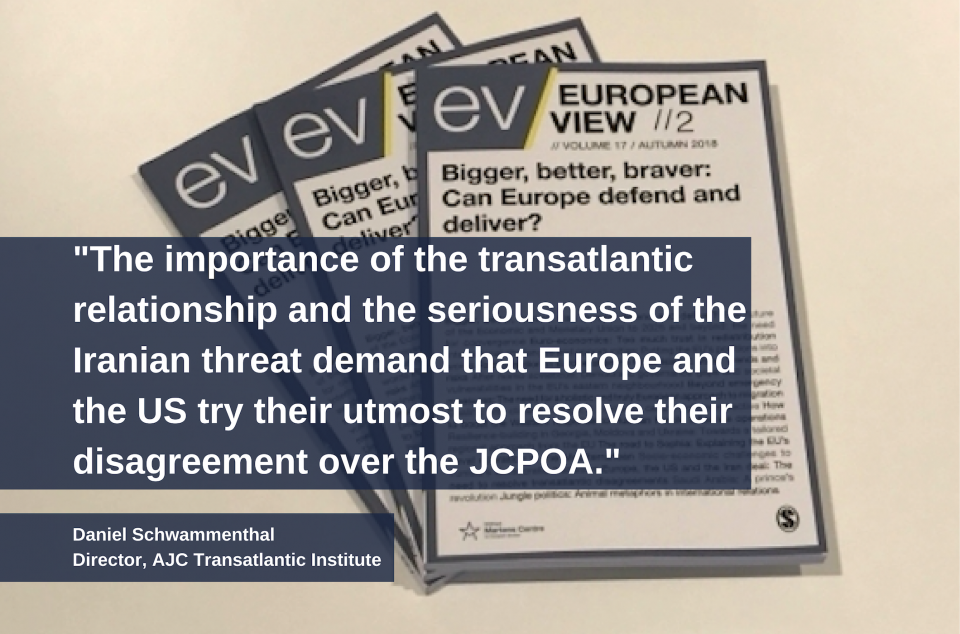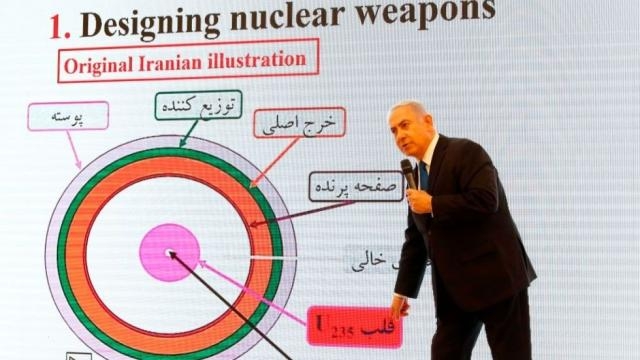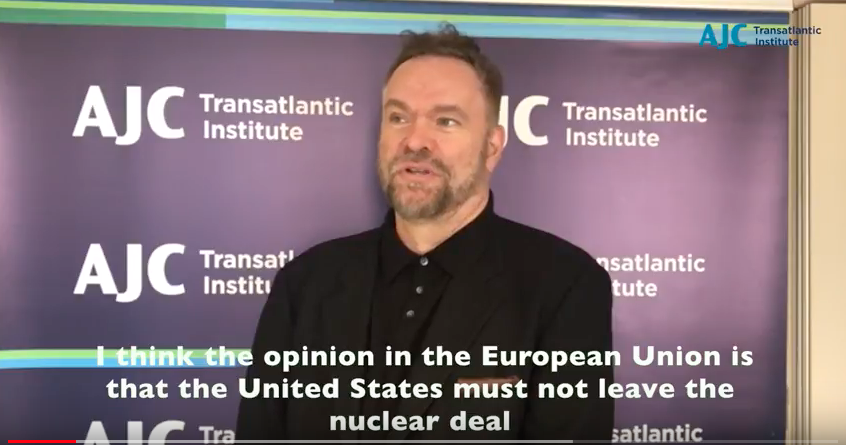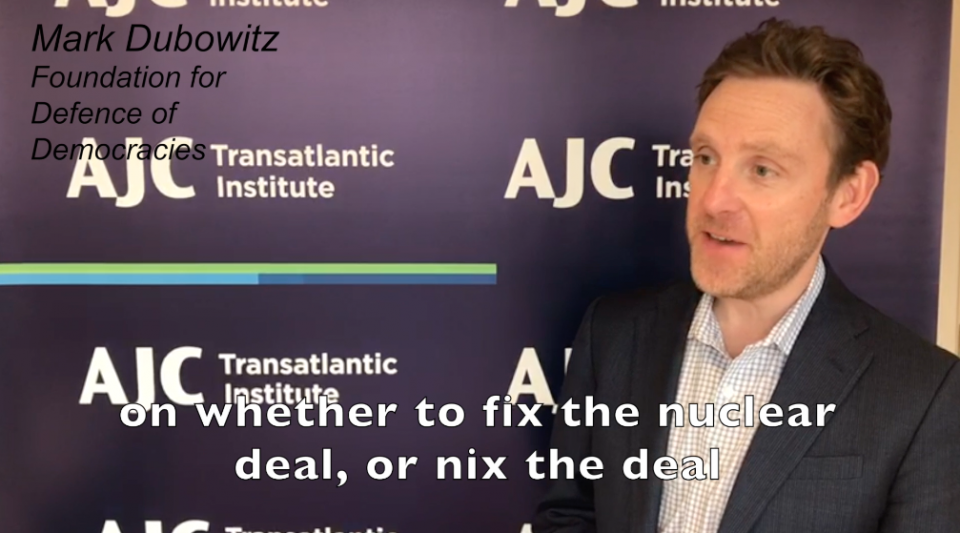Analysis
Our Futures Depend on the U.S.-Europe Alliance
By Brian Siegal
This piece originally appeared in the Miami Herald.
Strong partners are critical in advancing U.S. economic and national security interests around the world. This is certainly the case in the U.S. relationship with Europe, an alliance that has helped sustain peace and prosperity for the past 70 years.
The transatlantic relationship has not always been harmonious, and at times there have been profound disagreements. But these differences were always overcome by confidence in our common values and commitment to each other’s stability and security. However, this vital relationship is now at a point where a reaffirmation of the transatlantic partnership is critical.
To better understand the importance of the U.S.-Europe alliance, I recently participated in the German Marshall Fund’s Marshall Memorial Fellowship in Europe. In visiting historical sites, learning about European institutions and speaking with numerous experts and leaders, I saw firsthand how vital this relationship is.
My three-week journey to five European countries began in the battlefields and memorials of World War I in the city of Ypres in Belgium’s Flemish province of West Flanders. As I stood in the central battleground for countless clashes between the German forces and British and French allied troops I was overwhelmed by the scale of human casualties that resulted.
My journey ended in Berlin. Here, I gained insights on how, less than 30 years after the first World War, World War II left millions of people dead, millions of others displaced, major European cities in ruins and economies devastated. Moreover, Europe had witnessed the brutality, atrocities and ultimate genocide of the Holocaust.
In the aftermath of the death and destruction of both world wars and the Holocaust, the U.S. and Europe created together institutions that established the post-World War II liberal world order.
The relationship between Europe and the U.S. grew based on shared values. These values — democracy, free enterprise, universal respect for all, freedom of religion, combatting religious intolerance, preventing genocide, and more — have brought about substantive positive change and remain essential in addressing today’s challenges.
However, 70 years after the creation of the North Atlantic Treaty Organization (NATO) and almost 60 years after the founding of the European Union (EU), mutual confidence and trust in the transatlantic relationship have been challenged.
One manifestation of this tension is found in some recent expressions of U.S. disinterest and doubts about NATO. Since its founding in 1949, NATO has been a bulwark of international peace and security, helping to maintain democracy and stability in Europe and countering the threat of terrorism in the Middle East. The necessity of NATO was abundantly clear when I visited its Brussels headquarters a few days before the official commemoration of its 70th anniversary.
Unfortunately, over the past decade, the unity of the EU’s 28 member states that has helped to ensure peace has struggled under the strain of economic stagnation and political volatility. The most acute indication of this can be seen in the United Kingdom vote to leave the EU in what has become known as Brexit. On March 29, 2017, Prime Minister May officially enacted Article 50 of the Lisbon Treaty, starting the clock ticking for a British exit from the EU.
Visiting Sheffield, England, as the March 29 deadline approached and passed, it became clear that opinions vary and that local issues mirror the underlying forces of the EU referendum vote, including divisions in class, education, and opportunity among its citizens. These same forces of discontent have produced another worrying sign in a growing number of countries in Europe, in the form of parties that have illiberal and authoritarian tendencies. As memory of Fascism fades and transatlantic relationships are strained, we have seen the rise of intolerance, xenophobia, populism, anti-Semitism and hate speech from nationalist forces across the EU. In some countries, the flow of migrants from North Africa and the Middle East has given rise to feelings of instability and insecurity. Seizing upon this mood, populist parties are drawing support from citizens who feel increasingly anxious and alienated from the political mainstream.
Fissures in the transatlantic relationship and the realities of populism should not be ignored. We cannot take democracy, open societies and human rights for granted. On my journey a notable diplomat told me that “Americans need to care about what is happening here in Europe. History has shown us that what affects one side of the Atlantic affects all sides.”
Protecting the freedoms and peace that we have come to cherish requires a stable, prosperous and integrated Europe. Without a focused U.S. commitment to the transatlantic relationship, the forces of nationalism and isolationism will continue to find support. The U.S. and Europe must invest the time, energy and resources required to bolster and ensure the relationship despite the many challenges.
Our very future depends on it.
Brian Siegal is Director of the American Jewish Committee’s Greater Miami and Broward Regional Office.
